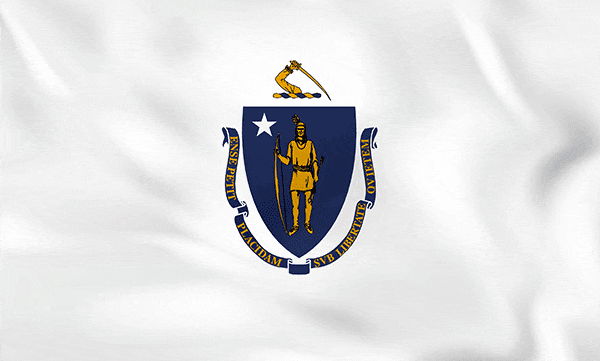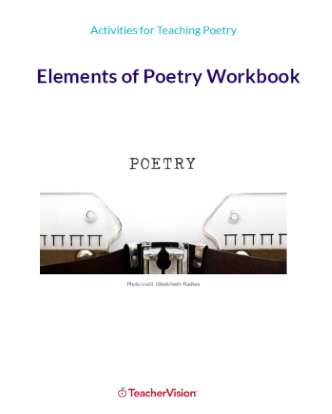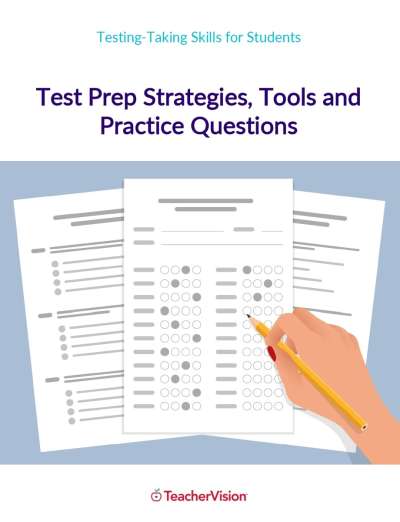 History Massachusetts has played a significant role in American history since the Pilgrims, seeking religious freedom, founded Plymouth Colony in 1620. As one of the most important of the 13 colonies, Massachusetts became a leader in resisting British oppression. In 1773, the Boston Tea Party protested unjust taxation. The Minute Men started the American Revolution by battling British troops at Lexington and Concord on April 19, 1775. During the 19th century, Massachusetts was famous for the intellectual activity of its writers and educators and for its expanding commercial fishing, shipping, and manufacturing interests. Massachusetts pioneered the manufacture of textiles and shoes. Today, these industries have been replaced in importance by the electronics and communications equipment fields. The state's cranberry crop is the nation's second-largest (after Wisconsin). Also important are dairy and poultry products, nursery and greenhouse produce, vegetables, and fruit. Tourism has become an important factor in the economy of the state because of its numerous recreational areas and historical landmarks. Cape Cod has beaches, summer theaters, and an artists' colony at Provincetown. The Berkshires, in the western part of the state, is the site of Tanglewood, the summer home of the Boston Symphony; art museums, including Mass MoCA and the Clark Institute; and Jacob's Pillow, a world renowned dance center. Among the many other points of interest are Old Sturbridge Village in Sturbridge, Minute Man National Historical Park between Lexington and Concord, and Plimoth Plantation in Plymouth. In Boston there are many places of historical interest, including Old North Church, Old State House, Faneuil Hall, the USS Constitution, and the John F. Kennedy Library and Museum.
|
Massachusetts
Read this profile of Massachusetts to learn about the state's history, points of interest, and government. Also find interesting facts about each state, including the state's motto, symbols, and when it entered the union.





